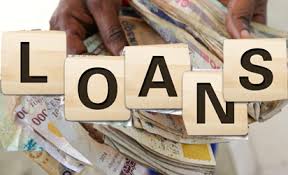
Customers who approached banks for loans are now paying more as interest ranging from 15.01 per cent to 30.70 per cent, a report by the Central Bank of Nigeria has revealed.
The report released at the weekend, indicated that the average prime and maximum lending rates rose by 0.02 per cent point and 0.47 per cent point, respectively, to 15.01 per cent and 30.70 per cent, in the review period.
The average prime and maximum lending rates stood at 29.98 per cent and 14.99 per cent respectively in the fourth quarter of last year.
The rising lending rates, analysts said, have led to upward pressure on market rates and cost of production for the manufacturing sector.
The CBN observed that despite the rise in lending rates, banks were paying less deposit interest to depositors. The average term deposit rate fell by 1.46 percentage points to 6.27 per cent. The spread between the average term deposit and average maximum lending rates widened by 1.93 per cent points to 24.43 per cent points.
The margin indicated that customers are paying 24.43 per cent higher fee than they are getting from banks.
However, the Monetary Policy Rate (MPR), which is the benchmark for interest rate at which the CBN lends to the commercial banks, is currently at 12.5 per cent.
Despite the rise in lending rates, CBN Governor, Godwin Emefiele said aggregate domestic credit (net) grew by 5.16 per cent in June 2020 compared with 7.47 per cent in May 2020.
The total gross credit in Nigeria rose by N3.33 trillion from N15.56 trillion at end-May 2019 to N18.90 trillion at end-June 2020.
These credits were largely recorded in manufacturing, consumer credit, general commerce, and information and communication and agriculture, which are productive sectors of the economy.
“With the headline inflation at 12.26 per cent in March 2020, all deposit rates remained negative in real terms, while prime and maximum lending rates were positive in real term,” the report said.
Continuing, the report showed that money market rates were generally stable and moved in tandem with the level of liquidity in the first quarter of 2020. Daily interbank call and Open Buy Back (OBB)-discountable securities traded in the Nigerian Inter- Bank financial transactions- rates ranged from five per cent to 7.24 per cent and 1.77 per cent to 21.02 per cent, respectively.
The average interbank and OBB rates were 10.68 per cent and 12.08 per cent, respectively. Other rates, such as the seven-day and thirty-day Nigerian Inter-bank Offered Rate (NIBOR) traded at 11.74 per cent and 9.81 per cent, respectively.
You may be interested

Fernandes Sent Off As Wolves End Man United Dominance
Webby - December 26, 2024Manchester United suffered a 2-0 defeat at Wolves in the Premier League Boxing Day fixture on Thursday.It was United’s third…

2024 CHANQ: History Not Kind To Us Against Ghana –Ogunmodede
Webby - December 24, 2024Home-based Super Eagles coach Daniel Ogunmodede says history has not been good to Nigeria when they face rivals Ghana.The home-based…

Ex-Chelsea Star Oscar Returns To Boyhood Club Sao Paulo
Webby - December 24, 2024Former Chelsea midfielder Oscar is returning to his Brazilian boyhood club Sao Paulo after 14 years, which included a long…

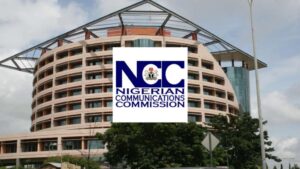
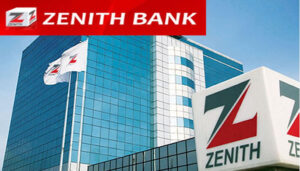
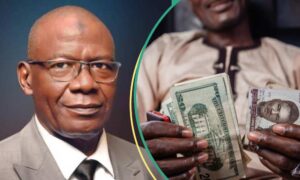

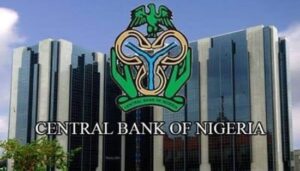







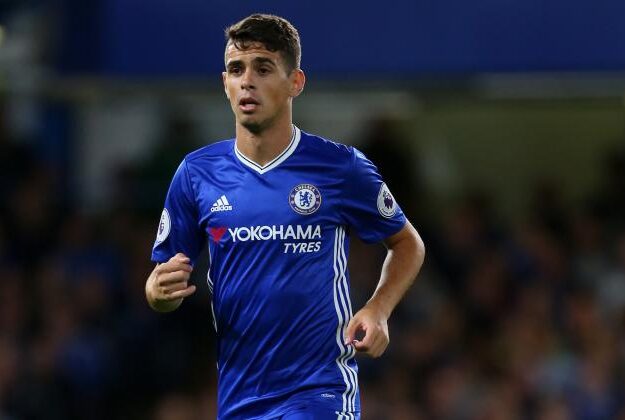








![American Pastor, David Wilson Seen Eating The Box Of Woman Who Isn’t His Wife [Video]](https://onlinenigeria.com/wp-content/uploads/2019/10/american-pastor-david-wilson-seen-eating-the-box-of-woman-who-isnt-his-wife-video-150x150.jpg)








